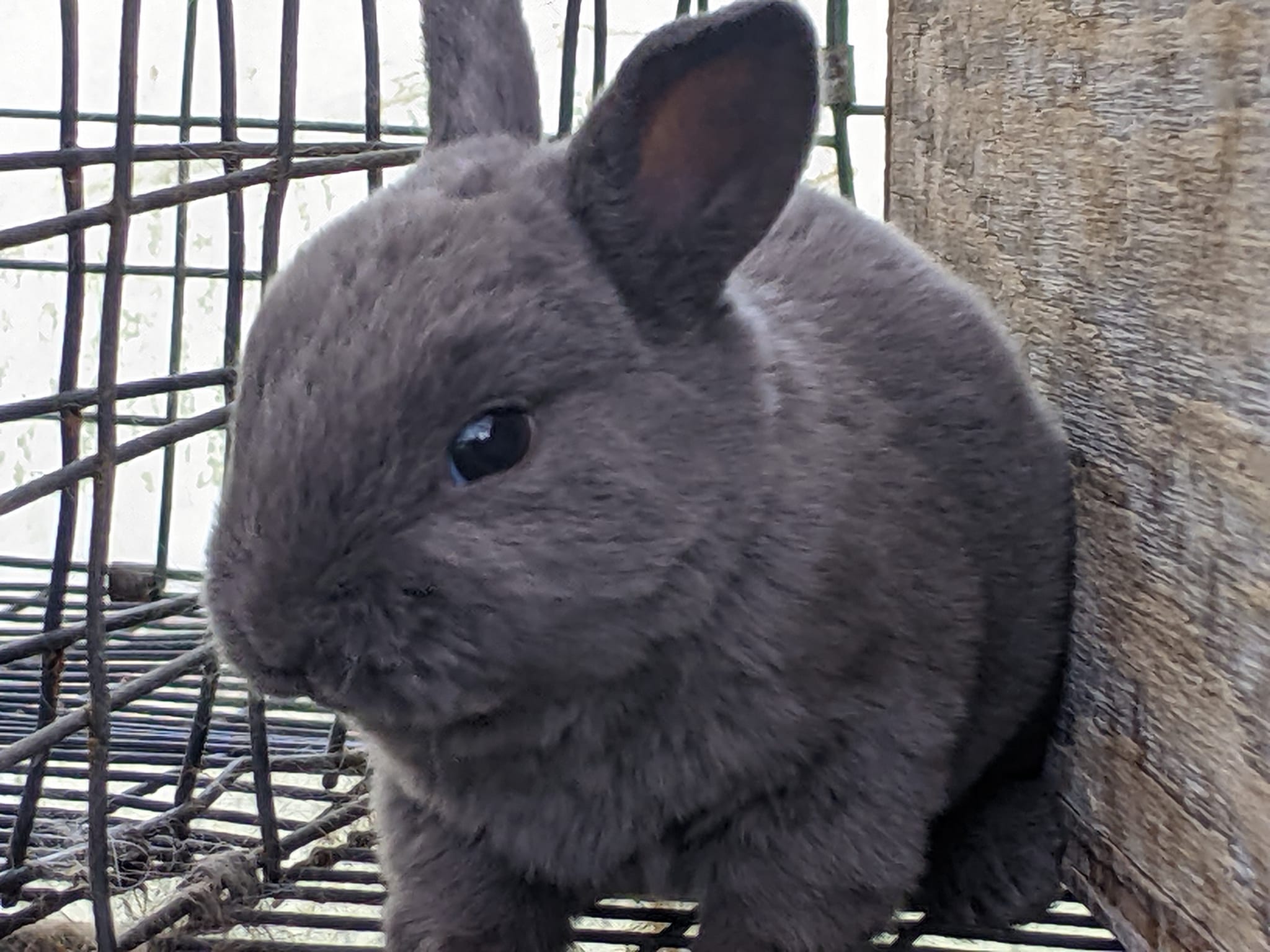Your cart is currently empty!

Disease Prevention in Rabbits
Preventing common rabbit diseases involves a combination of good husbandry practices, proper nutrition, regular health checks, and maintaining a clean environment. Here are some key strategies to help prevent these diseases:
1. Maintain Clean Housing
- Regular Cleaning: Clean cages and enclosures regularly to prevent the buildup of waste and bacteria. Disinfect housing areas periodically.
- Dry Environment: Ensure the housing is dry and well-ventilated to prevent respiratory issues and skin infections1.
2. Provide a Balanced Diet
- High-Quality Hay: Ensure rabbits have constant access to high-quality hay, which aids digestion and helps prevent gastrointestinal stasis2.
- Fresh Vegetables: Include fresh vegetables in their diet for additional nutrients. Avoid starchy vegetables.
- Proper Pellets: Use commercial rabbit pellets formulated for their nutritional needs. Avoid overfeeding to prevent obesity2.
3. Regular Health Checks
- Routine Vet Visits: Schedule regular veterinary check-ups to monitor for signs of illness and ensure vaccinations are up to date1.
- Monitor Behavior: Keep an eye on your rabbits’ behavior and physical condition. Early detection of symptoms can prevent diseases from becoming severe2.
4. Control Parasites
- Grooming: Regularly groom your rabbits to check for parasites like fleas and mites. Use appropriate treatments if necessary1.
- Clean Environment: Maintain a clean living environment to reduce the risk of parasite infestations2.
5. Vaccinations
- Myxomatosis and RHD: Ensure your rabbits are vaccinated against common diseases like Myxomatosis and Rabbit Hemorrhagic Disease (RHD). These vaccinations are crucial for preventing fatal viral infections3.
6. Proper Breeding Management
- Controlled Breeding: Avoid overbreeding and manage breeding schedules to prevent stress and health issues in does1.
- Healthy Stock: Only breed healthy rabbits to reduce the risk of genetic diseases and ensure strong offspring2.
7. Environmental Enrichment
- Toys and Activities: Provide toys and activities to keep rabbits mentally stimulated and reduce stress, which can weaken their immune system1.
- Social Interaction: Allow rabbits to interact with each other to prevent loneliness and stress2.
8. Temperature Control
- Climate Adaptation: Ensure rabbits are kept in a temperature-controlled environment. Protect them from extreme temperatures to prevent heatstroke or hypothermia1.
- Shade and Cooling: Provide shade and cooling options in hot climates to keep rabbits comfortable2.
9. Safe Housing
- Predator Protection: Secure housing to protect rabbits from predators. Use sturdy materials and ensure there are no gaps1.
- Escape Prevention: Make sure cages and enclosures are escape-proof to prevent rabbits from wandering off2.
Conclusion
By following these preventive measures, you can significantly reduce the risk of common rabbit diseases and ensure your rabbits remain healthy and productive. Regular monitoring, proper nutrition, clean housing, and vaccinations are key components of effective disease prevention.
If you have any more questions or need further details, feel free to ask!
This post has already been read 300 times!

Leave a Reply